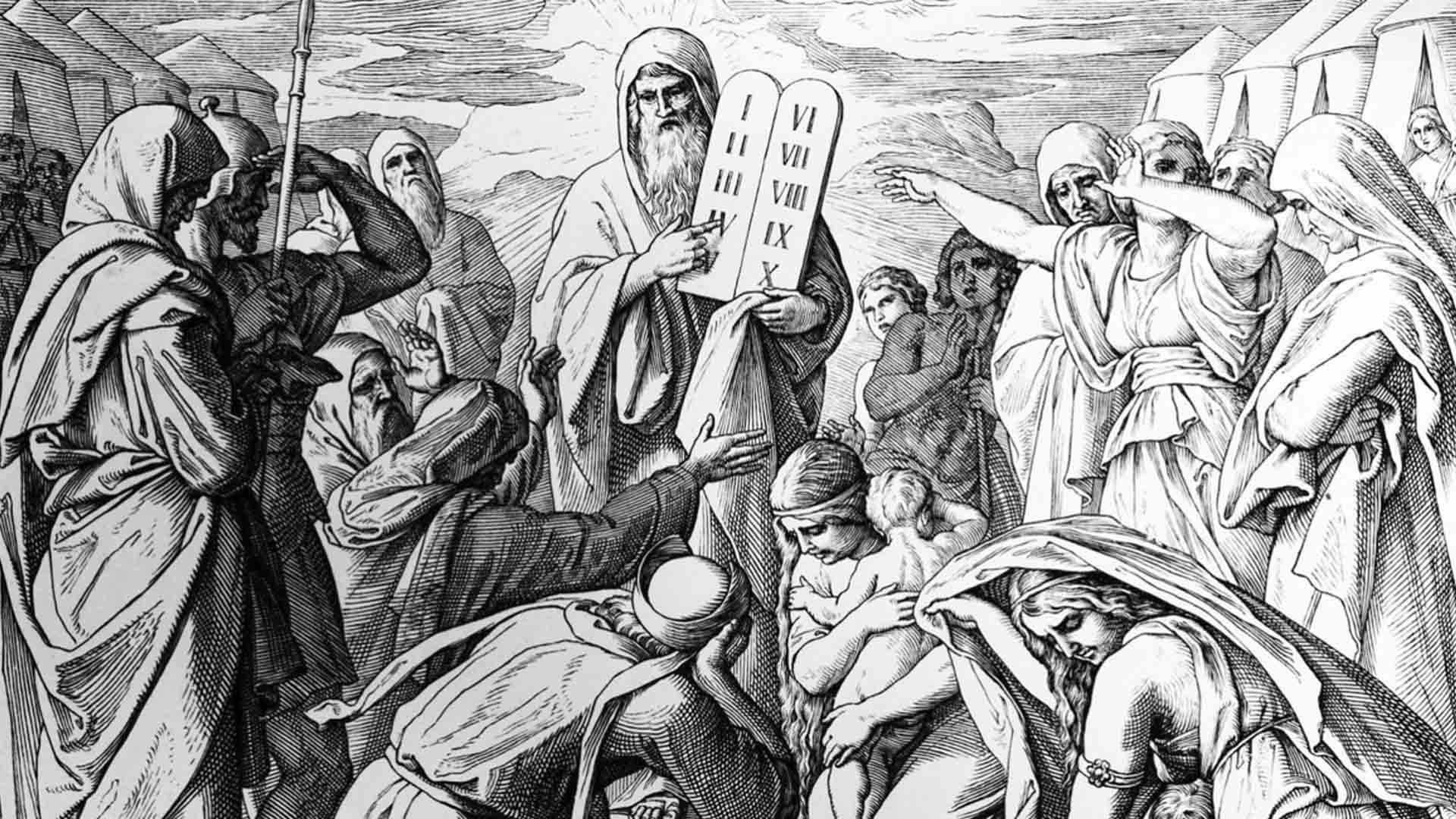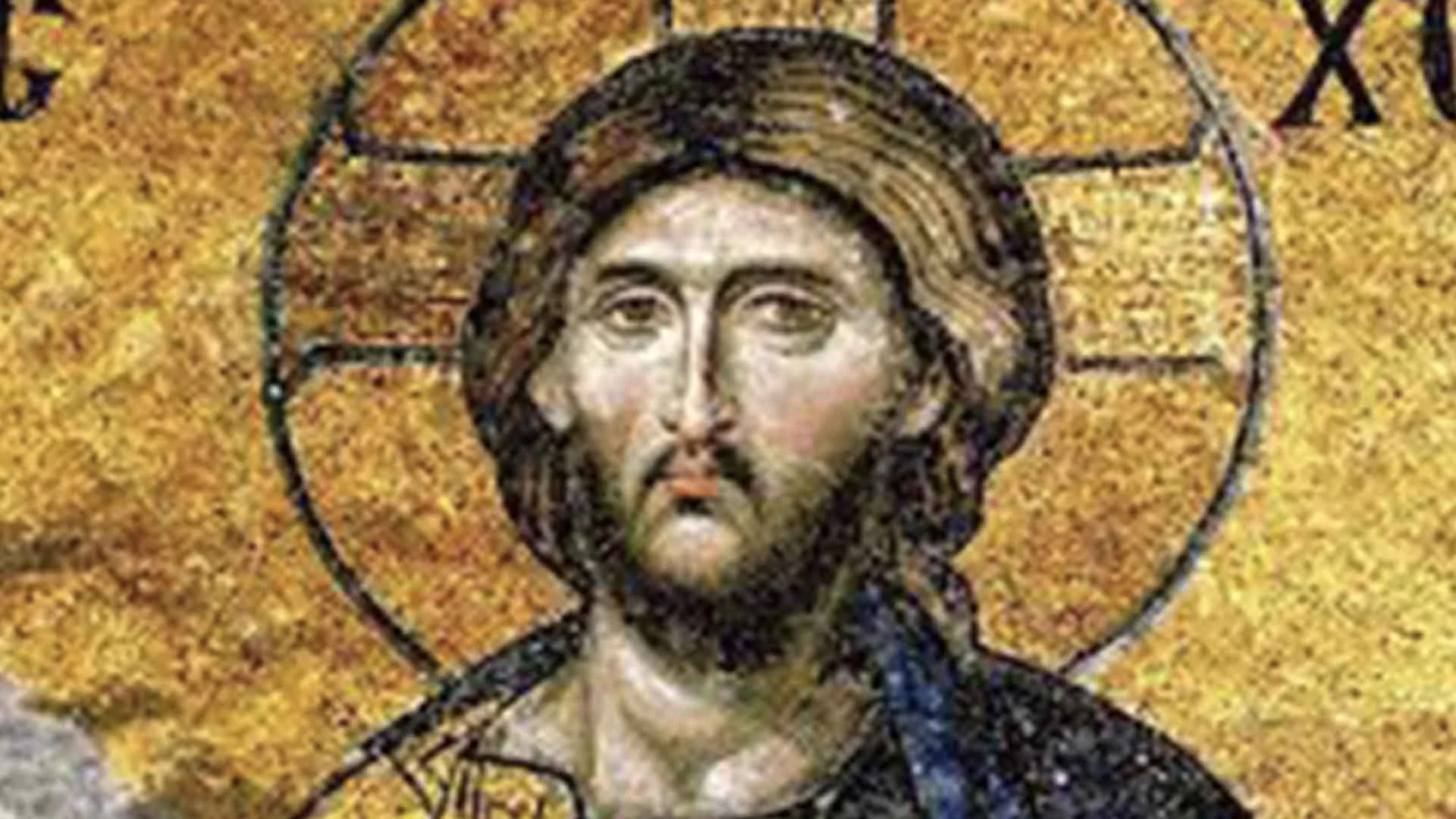For the source text click/tap here: Nedarim 28
To download, click/tap here: PDF
The Mishna states: If one says, “May these plants be a korban if they are not knocked down”, “This tallis should be a korban if it is not burned,” they must be redeemed (if the conditions are met, the value of these items becomes consecrated; the money from the redemption is used to purchase korbanos). If he declares, “May these plants be a korban until they are knocked down”; “This tallis should be a korban until it is burned,” they cannot be redeemed.
The Gemora asks: But let the Mishna teach: [If the condition is fulfilled] they are consecrated, and [if they are not fulfilled] they are not consecrated? The Gemora answers: Since the latter part of the Mishna taught that they are not redeemed, the former part taught that they are redeemed.
The Gemora asks: How did he vow? (All trees eventually fall down! Since the neder was dependent on the condition that they will not fall down, how can the neder take effect?) Ameimar answers: The Mishna is referring to a case where he said that they should be consecrated if they would not be knocked down today. The day passed and they were still standing. This is the reason why they are consecrated.
The Gemora asks: If so, what is the novelty of this case? The Gemora answers: There was a strong wind blowing at the time of his vow (he was assuming that the tree would fall and perhaps he did not intend to consecrate it if it did not fall).
We continue the exploration of dina demalchuta with the conflict between church and state.




















